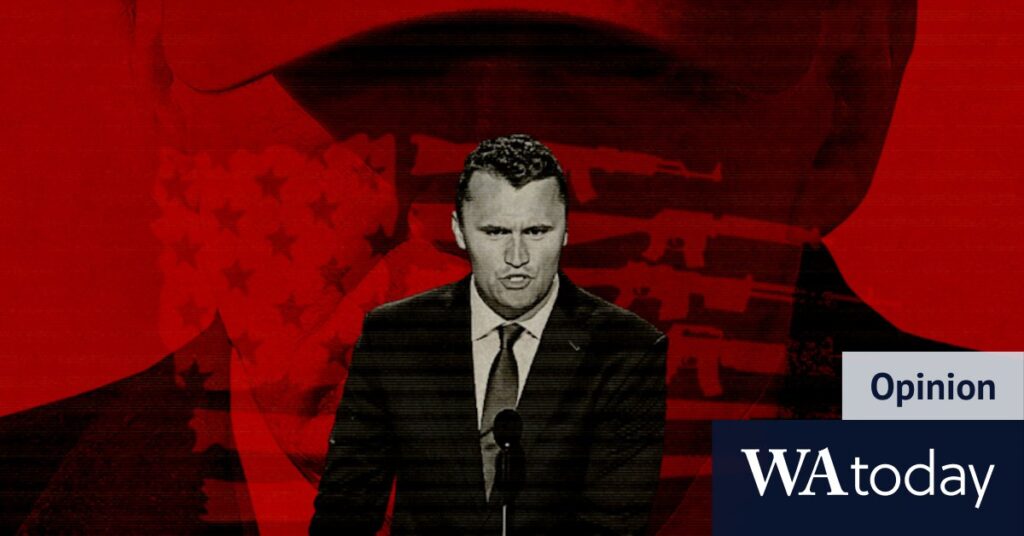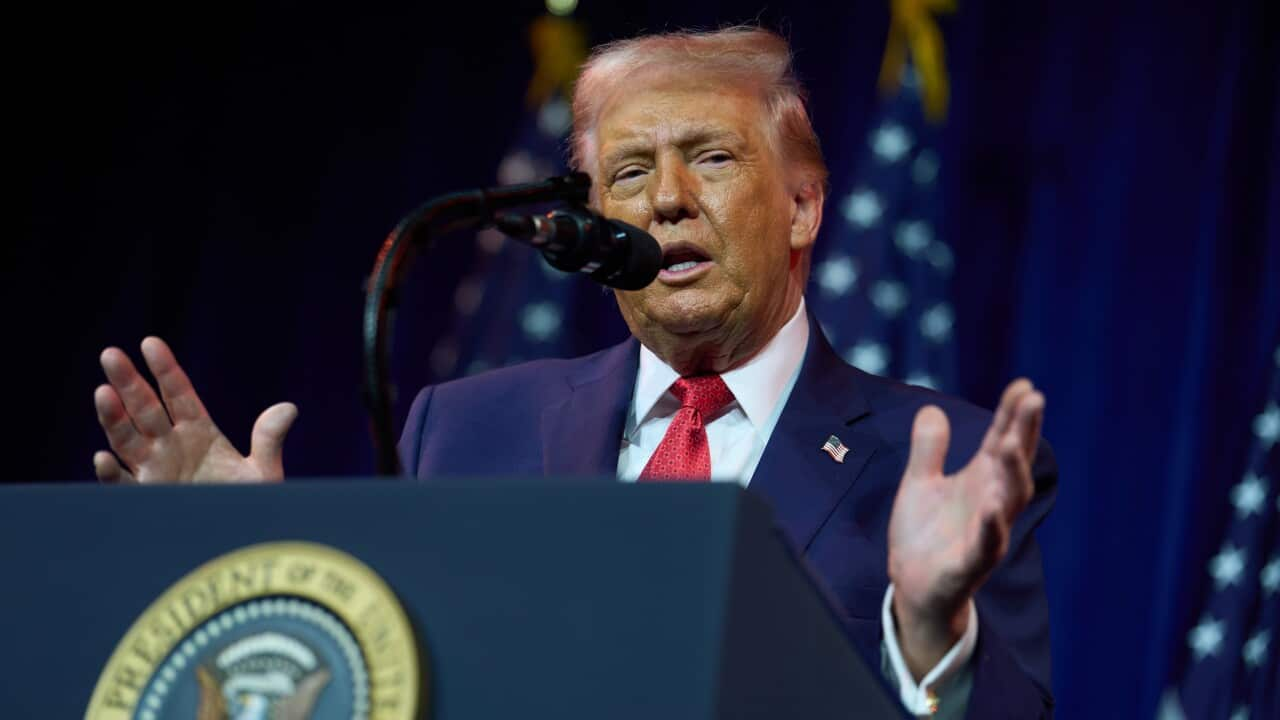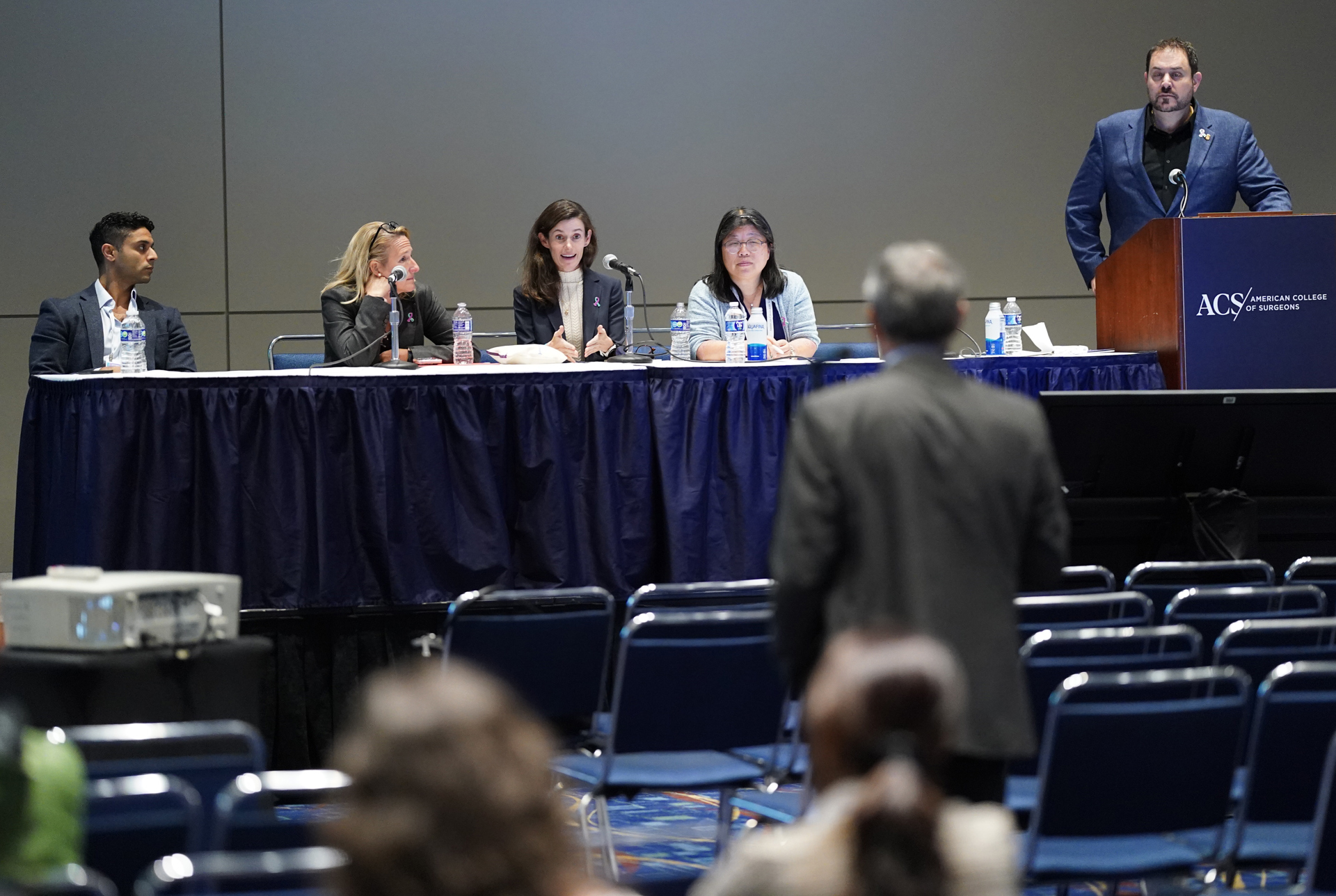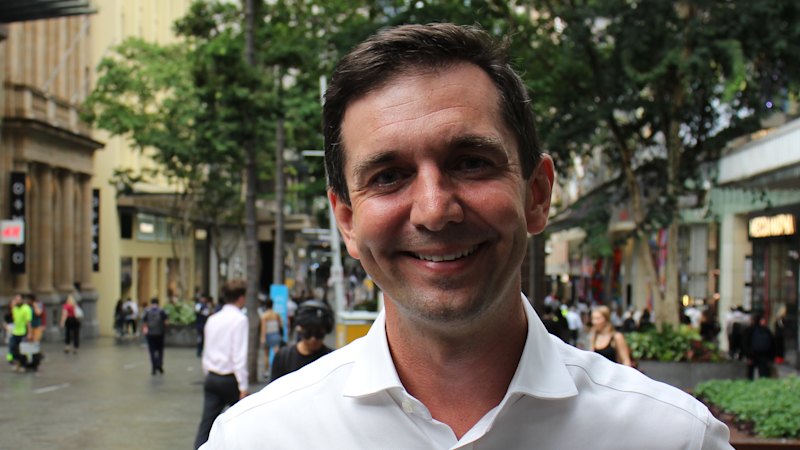
In the wake of a person’s death, society often adheres to the adage, “Do not speak ill of the dead.” This tradition, rooted in historical and spiritual beliefs, suggests that negative commentary about the deceased might affect their journey in the afterlife. However, the recent murder of Charlie Kirk, a controversial figure in American politics, has reignited the debate over whether this practice stifles necessary discourse about a person’s true legacy.
Charlie Kirk, a prominent white Christian nationalist and founder of Turning Point USA, was known for his divisive rhetoric. His death last week has been met with a mix of mourning and criticism, highlighting the tension between respecting the deceased and confronting their harmful ideologies.
The Legacy of Charlie Kirk
Kirk’s life and career were marked by his staunch opposition to progressive values. He was a vocal critic of immigration, feminism, and racial equality, often promoting the “Great Replacement” theory and denying the legitimacy of the 2020 U.S. election results. His views were not only controversial but also deeply polarizing, drawing support from right-wing extremists and condemnation from those advocating for social justice.
Despite the controversy surrounding his beliefs, the media’s response to Kirk’s death has been largely subdued. According to journalist Kyle Spencer, the American media behaved “as if they were polite guests at a wake,” rather than critically assessing Kirk’s impact on society. This hesitance to critique the deceased, Spencer argues, stems from a fear of backlash from Kirk’s supporters and the broader right-wing establishment.
Media’s Role in Shaping Legacy
The media’s portrayal of Kirk’s death raises questions about journalistic integrity and the responsibility to provide an honest account of a person’s life. Spencer notes that the reluctance to address Kirk’s hateful rhetoric has offended those he targeted, further polarizing the discourse surrounding his legacy.
This phenomenon is not new. Historically, media outlets have struggled with balancing respect for the deceased and the need to hold influential figures accountable for their actions. The case of Kirk is a stark reminder of the media’s power in shaping public perception and the importance of maintaining objectivity, even in the face of potential backlash.
Political Violence and Accountability
The discussion around Kirk’s legacy also touches on broader issues of political violence and accountability. According to the Cato Institute, “right-wingers are the second most common motivating ideology, accounting for 391 murders and 11 percent of the total” politically motivated terrorist attacks in the United States from January 1, 1975, to September 10, 2025. This statistic underscores the need for a critical examination of the ideologies that fuel such violence.
In the aftermath of Kirk’s death, right-wing media have attempted to shift the blame onto leftist groups, ignoring the significant role that right-wing extremism plays in political violence. This narrative, Spencer argues, is part of a broader trend of whitewashing and sanitizing the actions of figures like Kirk, further complicating efforts to address the root causes of political violence.
Implications for Future Discourse
The muted response to Kirk’s death highlights the challenges of navigating the intersection of respect for the deceased and the need for honest discourse. As society grapples with these issues, it is essential to recognize the impact of influential figures and hold them accountable for their actions, regardless of their status in life or death.
Looking forward, the media must strive to provide balanced coverage that acknowledges the complexities of a person’s legacy. This includes acknowledging both the positive and negative aspects of their life and career, ensuring that future generations can learn from their successes and failures.
Ultimately, the case of Charlie Kirk serves as a reminder of the importance of critical reflection and honest dialogue in shaping the narratives that define our society. By embracing this approach, we can foster a more informed and equitable discourse, free from the constraints of outdated traditions and fear of retribution.







